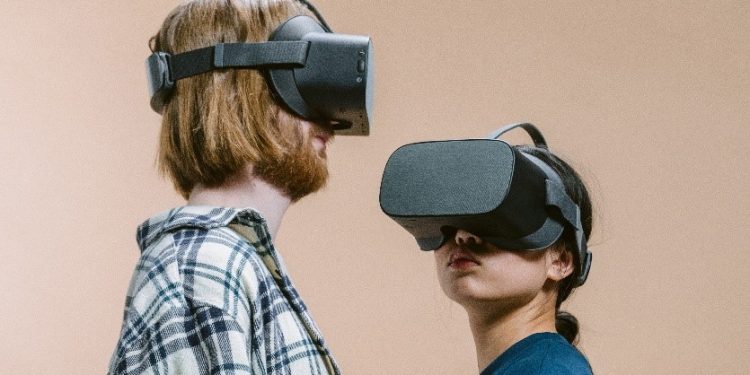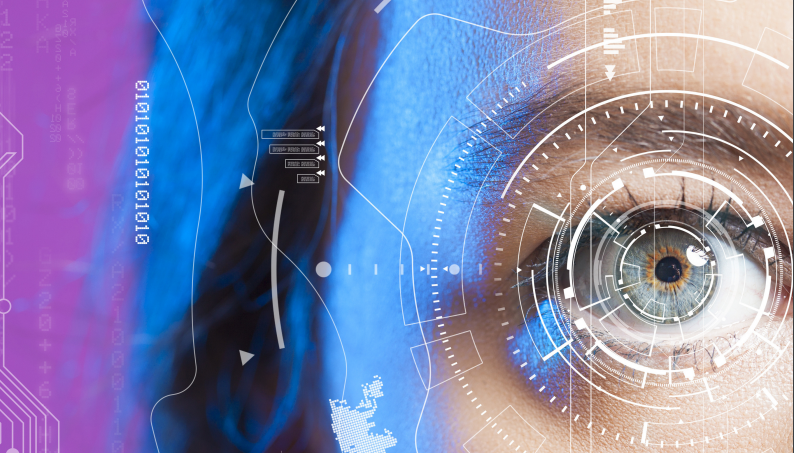How will language technology change our communication? And what about language itself? What is the role chatbots will play in the way we participate in conversations? The research network Language in the Human-Machine Era (LITHME), comprehending INESC TEC and other partners from 52 countries, will address this and other questions, exploring how such technological advances will change our communication – and ultimately, language itself.
“The use of immersive technologies could contribute significantly to several domains, and the Centre for Information Systems and Computer Graphics (CSIG), through the research team at the MASSIVE laboratory, will improve the state-of-art of immersive technologies applied to the teaching of foreign languages “, stated Miguel Melo, CSIG researcher who is part of this project.
Moreover, CSIG will focus on developing immersive virtual reality applications towards the progressive integration of said technologies in the teaching of foreign languages, while studying their impact on the teaching and learning methods.
“The Dawn of the Human-Machine Era”
The network published the report “The Dawn of the Human-Machine Era”, which brough together dozens of experts in language technology and linguistic research. This document provides the field’s state-of-the-art, as well as the potential breakthroughs in language technologies – written, spoken and signed modalities. It also presents different types of software and devices that could change the way we communicate, i.e., augmented reality eyepieces and immersive virtual reality spaces.
“The main goal of the report is to show how technology will influence our communication. It addresses questions like the inequal access to technologies, privacy and safety-related issues, and new types of fraud and crimes, thus promoting a debate on the challenges associated with these technologies”, concluded Miguel Melo.

What are the main differences in the way we communicate?
According to the current and foreseeable developments in technology, two imminent changes to human communication can be outlined: speaking through technologies and speaking to technologies.
The former implies that wearable devices will actively participate in our conversations. “Soon we will not stare at mobile phones in our hands; that information will appear in front of our eyes from tiny eyepieces. Combined with new intelligent earpieces, we will see and hear extra information about the world around us: basic stuff like travel directions, and more advanced content like auto-translations of people speaking other languages. Our own words will be amplified, clarified, translated, and subtitled as we speak; and other people will see and hear that in their eye and ear tech”, explained Dave Sayers (University of Jyväskylä, Finland), Chair of the network.
“We will also speak to chatbots on screens, and to lifelike characters in next-generation virtual reality. These will be far smarter than chatbots today, ready for complex conversations – helping think through problems, discussing plans, consoling disappointments, and celebrating successes”, stated Sayers. “All this has huge implications for language”, he concluded.

Collaboration between linguists and technologists
LITHME, a four-year project, is funded by the European Cooperation in Science and Technology (COST), started in October 2020, and currently has members from all 27 EU states – plus entities from 25 other countries, from every continent. LITHME seeks to bridge the gap between linguists and technology experts, so the former can benefit from better technological foresight, and the latter from better understanding of potential linguistic and societal consequences of emerging technologies.
In addition to INESC TEC, the Faculty of Arts and Humanities of University of Porto is also part of this network.
The researcher mentioned in this news piece is associated with INESC TEC.




 News, current topics, curiosities and so much more about INESC TEC and its community!
News, current topics, curiosities and so much more about INESC TEC and its community!